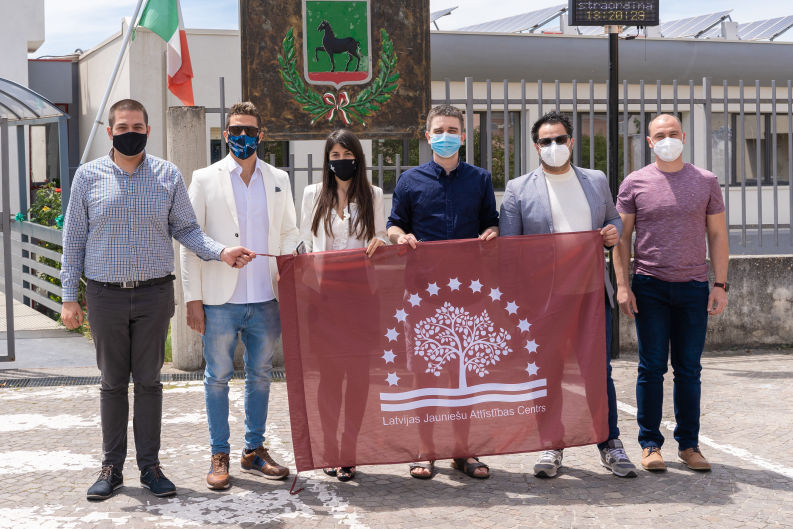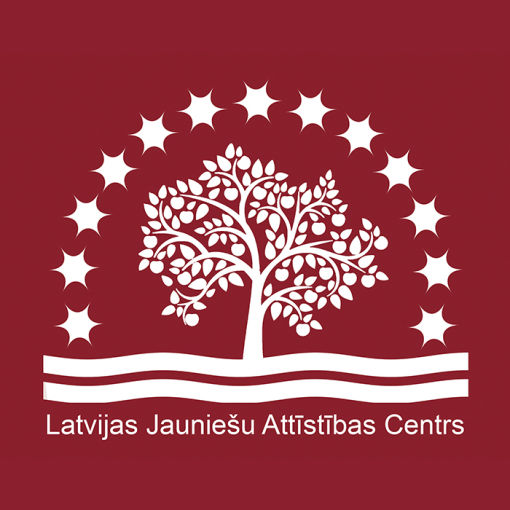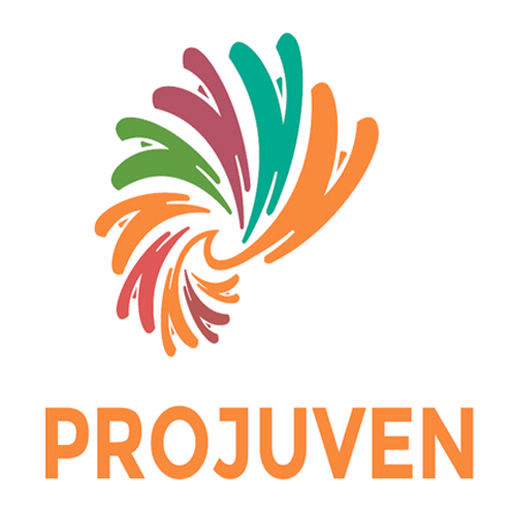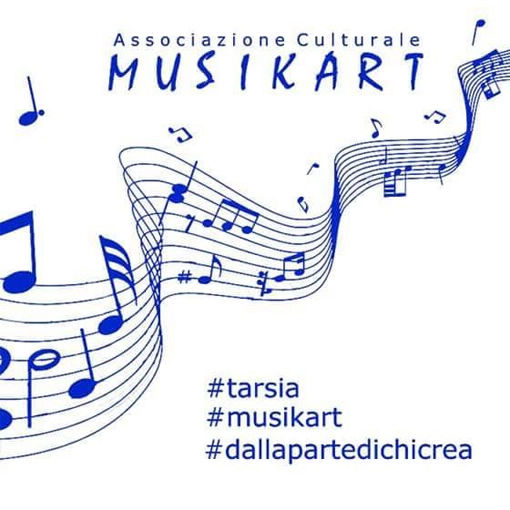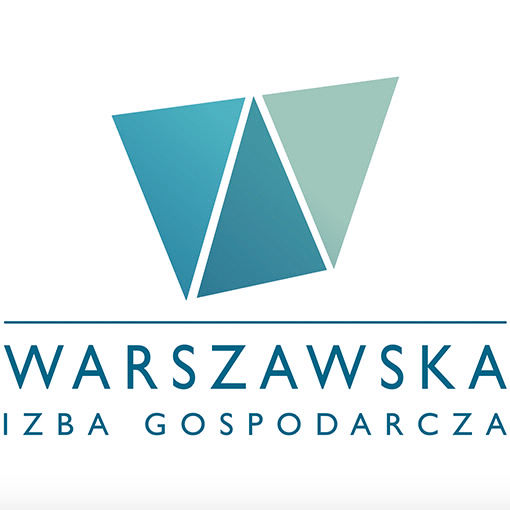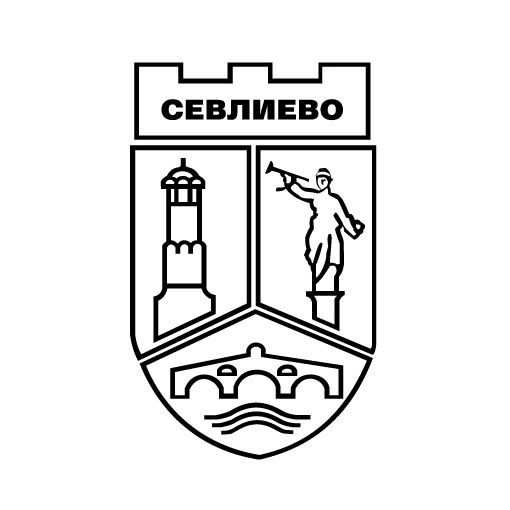The "Digital Push for Creative Transformation" (DPCT) project was a 24-month Strategic Partnership (SP) that aimed to create a sustainable and efficient education program dedicated to young people with low digital skills involved in the CCS. DPCT enhanced awareness of the need for training in digital skills for the creative industries and focused on openness and inclusivity in education. DPCT involved the use and development of an open online course on Digital Skills and Social Inclusion for CCS, built as a Massive Open Online Course (MOOC), an innovative youth educational program available in English and all partner languages as an Open Education Resource (OER) and accessible to youth with limited digital skills.
DPCT targeted youth working in CCS with low digital skills, mostly freelance and independent workers, who often, due to their precarious positions, lacked the resources for upgrading their education and knowledge. Many youths working in CCS were not attached to any formal institution, being freelancers, members of disadvantaged groups or from minority groups. Gaining digital skills improved their career opportunities by providing access to new digital tools and adding the possibility of new forms of digital expression to their work.
